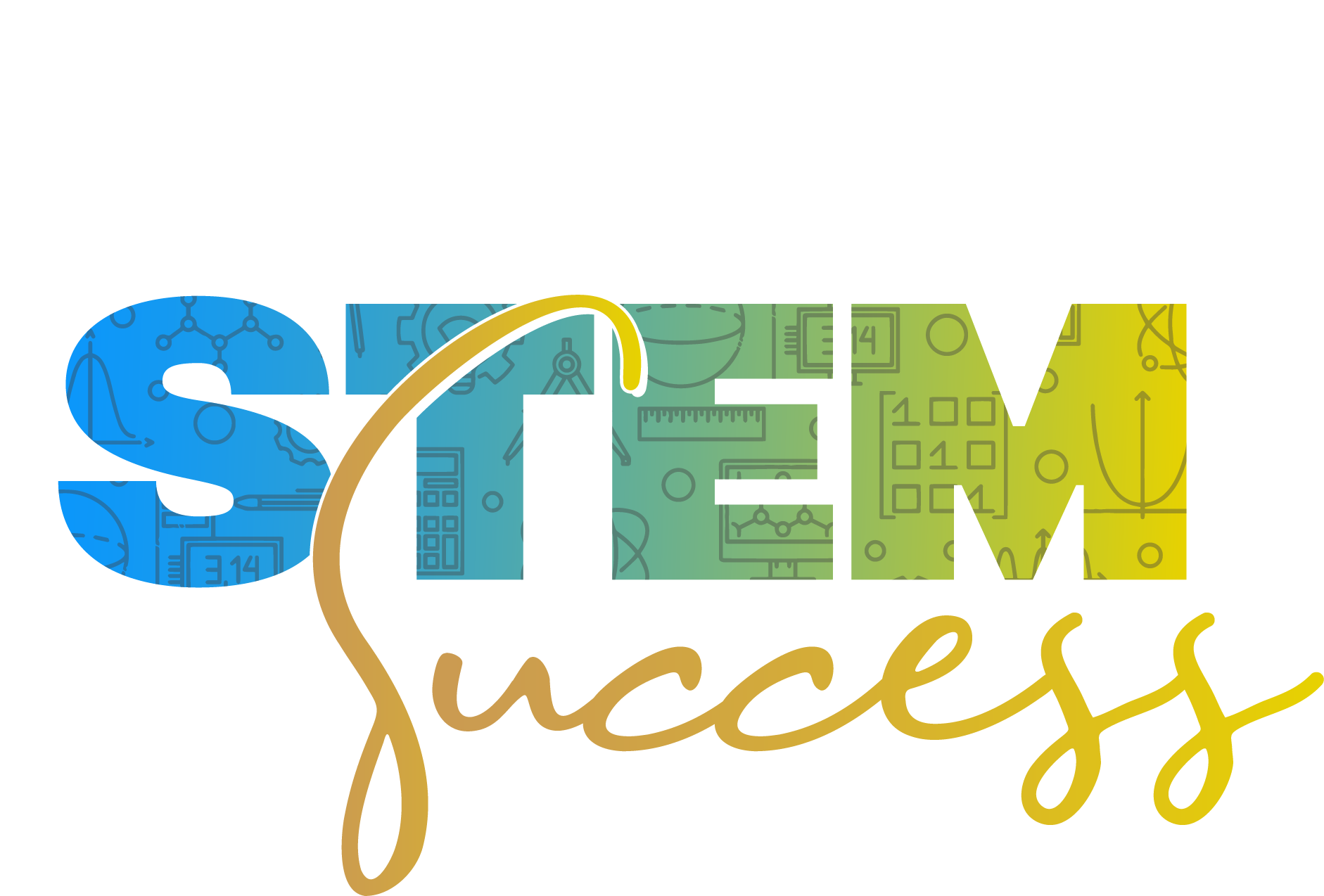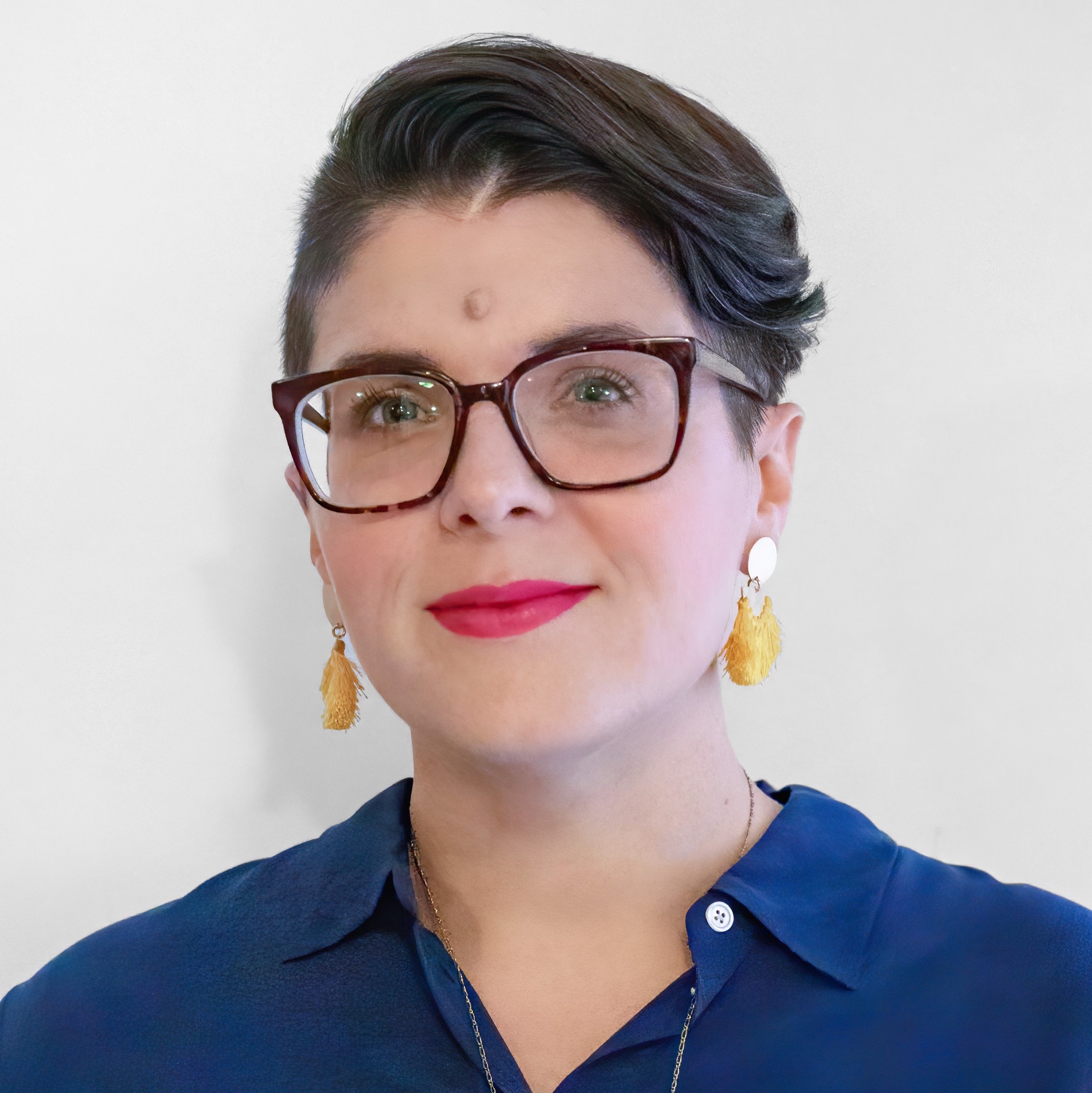
The Power of a Strong Professional Network in Uncertain Times
In August of 2020, as the coronavirus pandemic raged across the globe leaving whole sectors of the economy a smoldering ruin, I lost my job. I was working in events, a field that has been especially devastated by COVID restrictions. I was utterly bereft: between the evaporation of the events industry and the need to manage virtual school for my kids, I saw no professional future for myself. Fortunately, I didn’t need to. My network saw one for me.
To say I was “working in events” is maybe understating things a bit. I had primary responsibility for the content program at one of the largest technology tradeshows in the world, and I had worked at the organizing association for a dozen years. My position offered me the opportunity to build vast network of contacts in the professional audiovisual industry who knew me, my passion and drive, and my capabilities well. When I lost my job, foolishly, I was sad about losing the opportunity to work with that community. Within 48 hours, my professional network had made it abundantly clear that this would not be permitted to happen. I was flooded with offers of help, ideas, suggestions, introductions. Pretty shortly, I found myself on a new path here at Caster, continuing to work with the tech pros I love in a whole new way.
That’s the power of a strong professional network. When you fall from the narrow highwire you’re walking, it catches you, and maybe even shows you a whole new way to traverse the expanse. Lucky me: I had one of those. I had over a decade to build it, and it was there for me when I needed it most. The experience has made me think a great deal about what it’s like for those who haven’t had that chance – those who are only now beginning careers in technology, during one of the most volatile times in history.
This is why the STEM Success Summit (happening right now! Go check it out!) is so important. Its founders recognize that many people starting STEM careers often have little chance to develop the network of connections, peers, mentors and advocates who will help them find a path forward when the future seems dark. Groups traditionally underrepresented in STEM – especially Black and brown folks – aren’t offered the same opportunities as their peers, and are more likely isolated or tokenized in their workplaces. Black workers in STEM in particular are more likely than their peers to leave the field entirely. Especially now, in the absence of traditional networking events, STEM industries cannot afford to hope that professional support networks will form for minority workers organically: they must cultivate them intentionally.
The STEM Success Summit is a hothouse environment for building a professional network. This free virtual program includes both learning and virtual networking. Attendees are gaining practical strategies on everything from how to form a network of mentors to how to advocate for yourself at work to how to find purpose in your STEM work and balance your personal and professional identity. They are also encouraged to meet up with each other and the event organizers – all established minority voices in STEM organization and media. A young person working in STEM, especially a young person of color, cannot help but meet others who share their passions and can help illuminate future possibilities at an event like the STEM Success Summit. The event may be free, but those connections are absolutely priceless.
Take it from me: this kind of proactive investment in your professional network is worth it. I’ll be watching the STEM Success Summit closely today and tomorrow, looking to connect with young people who represent tech’s diverse future. Hopefully, the next time I’m calling on my own professional network, I’ll be paying it forward to help launch a new tech career.

